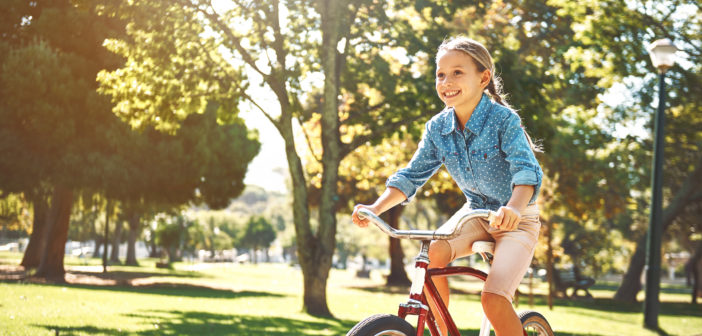We talk a lot about building resilience in children and how important it is for them to be able to deal with big feelings in a healthy way. Parents focus a lot of energy on helping kids learn to cope in challenging situations, such as change or adversity.
Today’s kids are very fortunate that this is such a priority for their parents. There certainly wasn’t such an emphasis on proactively teaching resilience in previous generations. Resilience was seen more as something you picked up along the way – through the school of hard knocks, if you will.
This means that a lot of adults may not have as good a grasp on resilience as they think. My generation (Gen X) and those before even more so, see being resilient as the ability to soldier on through. We pride ourselves on our ability to tough out the most grueling situations and come through the otherside, regardless of whether we are in one piece or not. As long as we are still standing, we count that as a win.
Fortunately for us, the self-care movement is helping to remind us to slow down. We need to realise that chronic stress shouldn’t be a badge of honour and we don’t have to keep going until we are physically and emotionally burnt out, because that isn’t what resilience is all about.
According to the American Psychological Association:
Resilience is the process of adapting well in the face of adversity, trauma, tragedy, threats or significant sources of stress — such as family and relationship problems, serious health problems or workplace and financial stressors. It means “bouncing back” from difficult experiences.”
As parents, part of teaching our kids resilience should be modelling healthy strategies such as self-care, because this in turn helps build our resilience. It is important for them to see us taking time to do things that help our emotional and physical wellbeing such as meditation, mindfulness, working out, reading a book or even simply going for a walk. Whatever it is that helps us recharge so that we have the capacity to bounce back from the challenges life throws at us.
By doing this we are not only setting a healthy example for our children and practicing what we preach, we are also developing true resilience.

